The post Chiropractic Neck Adjustment, Cracking & Pain Relief appeared first on MetaMed.
]]>Having your neck cracked is only one part of many therapies that are integrated into a Holistic Chiropractor‘s treatments. Chiropractors should never force the release of a joint. And often, it is not appropriate to have your neck cracked due to a variety of reasons.
Your joints, nerves, fascia, muscle and blood flow respond best to effective and complementary treatments such as soft tissue massage, fascial unwinding, cupping, and acupuncture.
Why does my neck crack?
Your neck, just like other spinal and peripheral joints can make an audible ‘pop’ sound when manipulated. Most people simply call it a crack. There are a few reasons why your joints crack.
- The make-up of the fluid within the joint. It contains gases such as oxygen, nitrogen, and carbon dioxide. This gases can build up causing the pressure
sensation that is often relieved when you have your neck or back cracked. When you pop or crack a joint, you stretch the joint capsule which causes gas to rapidly release. This is also the reason why you can’t crack a joint repeatedly. To release a joint again you need to wait for the gases to return to the fluid. - The sound of the force applied to ligaments supporting the joints. This is a bit like getting a piece of paper and holding it either end, allow the middle of the page to sink in and rapidly pull in opposite directions. You’ll hear a loud sound but the paper stays intact.
What is most important is that whether you crack your own neck or have a professional crack your joints it must be safe and shouldn’t be painful.

Should you crack your own neck?
If you love professional back cracking with a therapist you might wonder if it’s just as good to crack yourself for neck pain relief. Here’s why we believe you should see a professional and not do it yourself.
A Chiropractor goes through 5 years of physical therapy training in spinal manipulation and joint manipulation. The training involves fine-tuning their senses to be able to find restricted joints and apply gentle but effective force through the joint. Successful releases of joints result in an audible crack.
It’s just as satisfying for us as it is you to get a cracking sound. That tells us it has effectively increased the range of motion in your joint, settled your nerves and the muscles. Joints get restricted in different ranges of motion and it’s important that you release the joint in the correct direction to facilitate the better function of your whole body. If you need to crack your neck daily or a few times a day you might not be releasing the correct joint or you’re not getting it moving in the direction it needs to go.
If you find that you crack your neck or back on a daily basis you could benefit from a chiropractic cervical manipulation. Again, self-therapy may not be targeting the joints that need releasing and in fact, you could be making your pain worse. We like to use the analogy of scratching an itch. It feels good when you do it but invariably the itch returns. If you keep scratching, you keep irritating your skin and you make the itch worse.
Does cracking cause arthritis?
Are you a knuckle or back cruncher that loves to make people cringe? Can you get arthritis from cracking your joints and back? If you can release your own joints easily you are likely hypermobile. Your joints are compensating for restrictions above and below. But you’re never really getting to the source of the problem. So it’s not so much that you will get arthritis (although it is important to have strong and stable joints) it’s more that you are not really fixing the core problem which will alleviate your pain.
Read more about Arthritic Neck Treatment Options.
At MetaMed Chiropractic care, we use joint manipulations to mobilise your cervical spine and joints in a safe way.
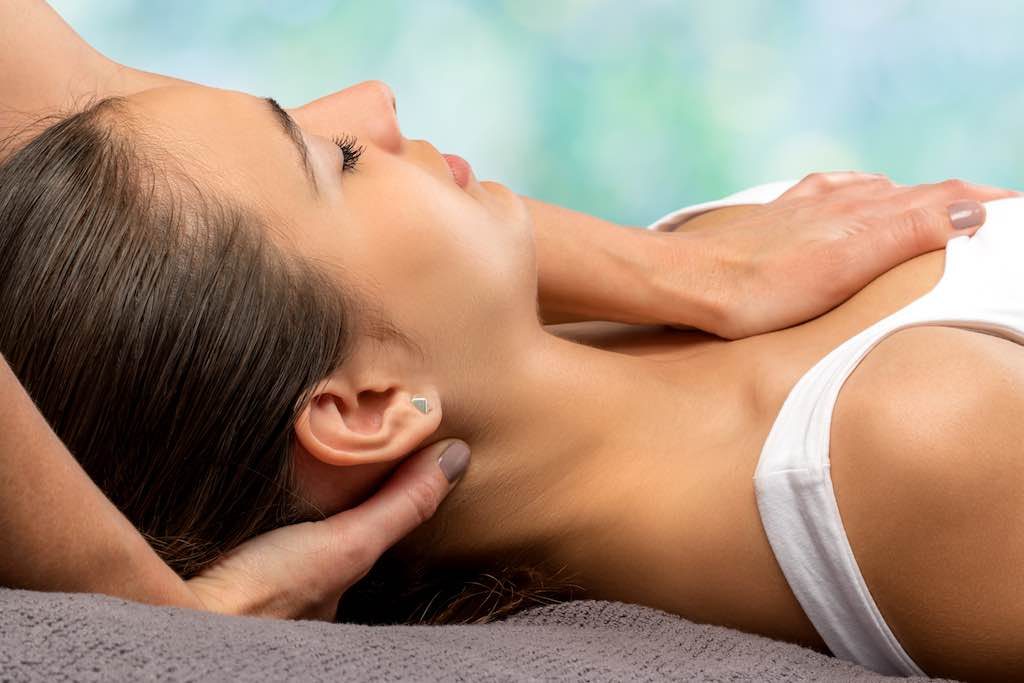
Chiropractic neck adjustments
It’s important to have a trained professional adjust your neck. A good Chiropractor will screen you with a thorough history and examination to ensure you are safe to go through with neck manipulation and will only perform neck manipulation in this manner if you feel safe and comfortable.
Chiropractic manipulation is safe when performed by trained and licensed professionals. Specialists in chiropractic care will ensure that your treatment has no adverse affects.
Neck Pain Relief & Pain management
Manipulating or cracking joints can be an effective part of pain management. It works best
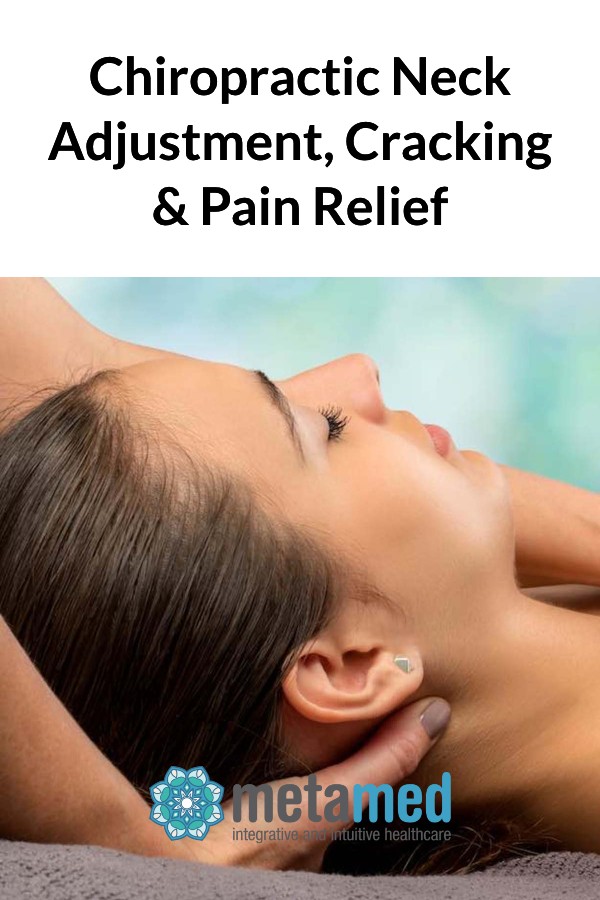
The post Chiropractic Neck Adjustment, Cracking & Pain Relief appeared first on MetaMed.
]]>The post Water Purifier Guide: The Benefits of Filtered Water appeared first on MetaMed.
]]>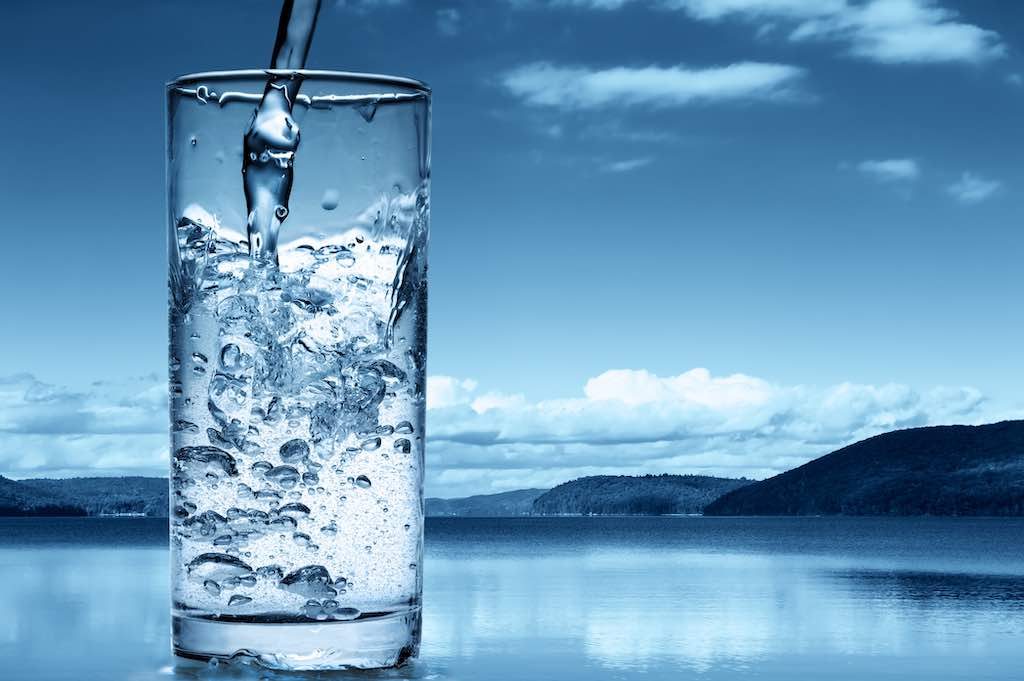
It makes up between 50-60% of your body and is vital to so many biochemical functions that you simply can’t live without it. What am I talking about? WATER of course.
Despite the importance of this vital compound, which supports all living organisms, most people take where it comes from, and its implications for their health, somewhat for granted. If you’ve ever wondered what’s in your water, then what follows will most definitely be of interest.
In addition to keeping you hydrated and playing a role in a wide range of metabolic functions, the water we drink also has the potential to provide us with a number of both beneficial and harmful minerals and contaminants.
The water which comes from your tap often contains many of the minerals which are important to your health, such as calcium, magnesium, sodium and potassium. They are, however, often in ineffectual quantities, and alongside higher levels of contaminants such as chlorine and fluoride which are added to public supplies of water as a disinfectant and to reduce dental decay respectively.
Water Filter Benefits
As a result of some of the concerns surrounding the health implications of consuming the recommended 2-3 litres of water a day from your tap, the use of water filters, and the purported benefits of doing so, have been widely advertised.
Health benefits:
The vast majority of the positives associated with drinking filtered, as opposed tap water, revolve around the removal of potentially harmful compounds in the filtering process.
The removal of harmful contaminants:
- The filtering of fluoride and chlorine from your water can help to reduce the risk of life threatening diseases such as rectal, colon and bladder cancer.
- The removal of arsenic, which is a natural component of the earth’s crust, and therefore found in water, can help reduce the risk of a number of cancers associated with its carcinogenic properties.
- Aluminum is used in water treatment in order to remove microorganisms and impurities which can cause disease. Unfortunately, in high quantities it can also increase the risk of Alzheimer's disease, learning disabilities in children, skin problems and liver disease. Water filters help to remove aluminum.
- Tap water has also be shown to contain the presence of a number of other inorganic minerals associated with increased risk of arthritis, kidney and gallstones, diabetes and obesity.

Nutrient absorption and hydration:
Filtered water can also increase the rate at which water molecules and nutrients are absorbed by our cells, improving metabolism and overall health.
In addition, studies have demonstrated that the availability of filtered water increases a families water consumption markedly. Given that very few people consistently maintain good levels of hydration, and because good hydration is so important for so many of the biochemical processes within your body, this can only be a good thing.
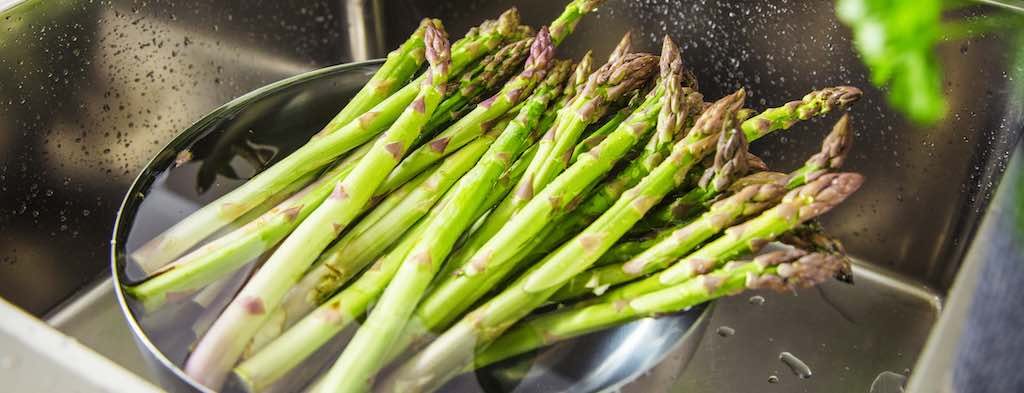
Good for cooking:
- Because we regularly use water in our cooking, harmful compounds such as chlorine can often find their way into our food too. Using filtered water in the kitchen is a great way of avoiding this.
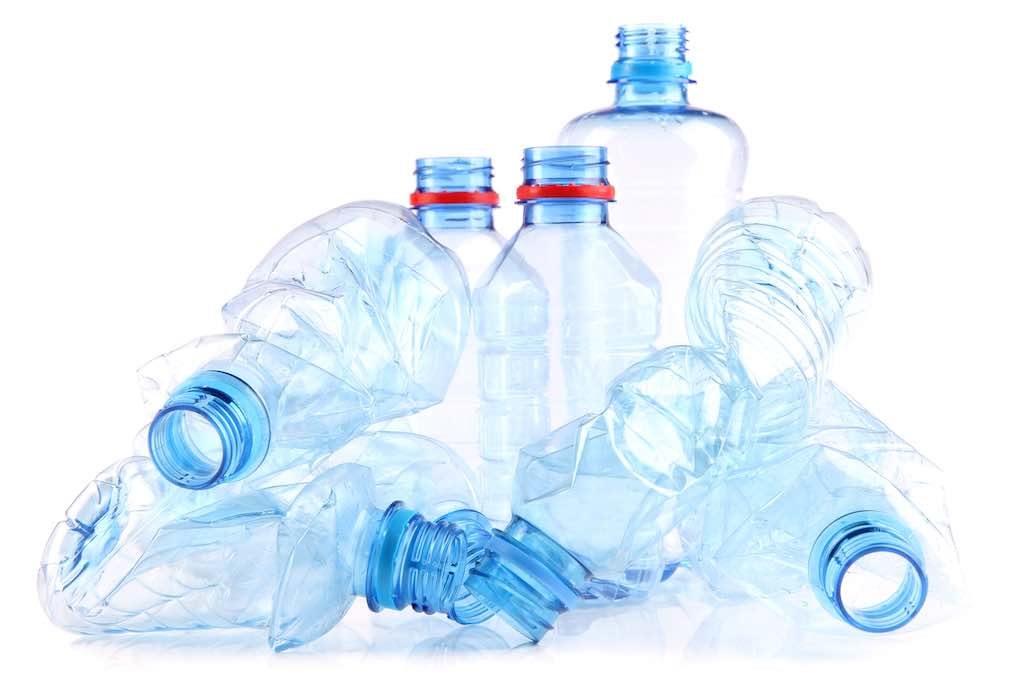
Environmental benefits:
How many people do you know who choose bottled water as an alternative to the stuff that comes out of their tap. Whilst this may negate some of the issues regarding harmful contaminants, it presents a whole load of other potential problems, not least in relation to the environment.
The vast majority of bottled water is packaged in plastic bottles. What is one of the most serious environmental issues facing humankind right now?! Plastic waste.
The negatives of bottled water don’t stop at the environment either. The water within them can also be incredibly damaging to your health. Studies have demonstrated that water contained within plastic bottles can contain harmful traces of hormonal type chemicals known as estrogens, which are linked with breast cancer in women and prostate cancer in men.
In addition, a study in Europe found that 92% of 250 bottles of water tested in 2018 contained microplastics, with those contaminated bottles containing on average 314.6 plastic particles per litre.
New Zealand is making moves to improve the environment introducing the ban of single-use plastic bags. When will plastic drink bottles be next?
So, by trading plastic bottled water for a water purifier at home, not only are you helping to reduce plastic waste, which is one of the biggest human induced scourges on earth, but you are also looking after the health of you and your family.
How do water purifiers work?
There are a number of different ways in which water can be filtered, all with the ultimate aim of producing water free of harmful contaminants.
- Activated Alumina:
This method uses aluminum oxide in an effort to remove fluoride, arsenic and selenium from tap water. It is both highly effective and cost efficient but it can lead to aluminum leaching into your water supply.
- Activated Carbon:
Activated carbon is carbon treated in order to maximise the pores available to trap potential contaminants. It is particularly effective at removing organic compounds and chlorine from water due to the large surface area available for absorption.
This method is generally considered inexpensive and does not require the use of electricity.
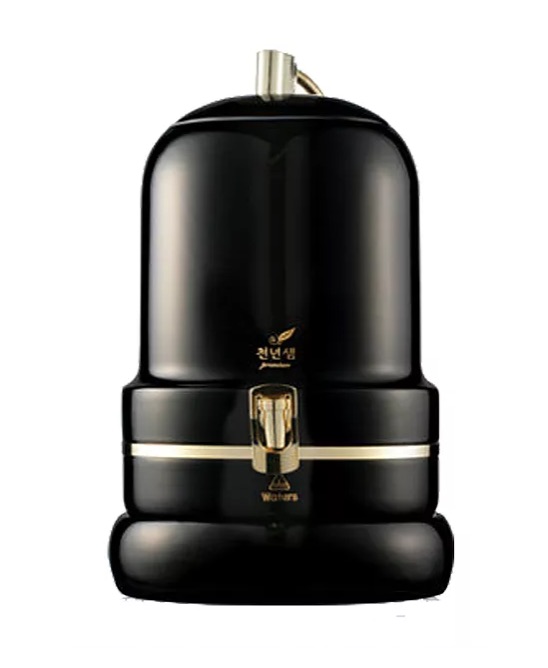
- Ceramic filters:
Ceramic filters work in a very similar way to activated carbon, trapping contaminants in lots of small pores. This method is most effective at reducing bacteria and protozoa but does not necessarily remove chemical contaminants.
- Reverse osmosis filter:
This method works by forcing water through a semipermeable membrane which filters out any harmful chemicals. This is a very effective way of removing heavy metals and other contaminants from your water supply but it is a significant investment and takes up a fair amount of space.
- UV water purifier:
Using high frequency light, all living microorganisms are destroyed as water passes through a glass element. This process does not, however, remove contaminants or minerals such as fluoride. It is also very expensive and requires energy to function.
- Water distillation:
Probably the most effective of all water purifier processes, distillation involves boiling, cooling and condensing water in order to remove contaminants and bacteria, whilst improving taste and smell. Unfortunately it is also probably the slowest method on our list and requires electricity to achieve plus it LACKS nutrients and doesn't alkalise the water.
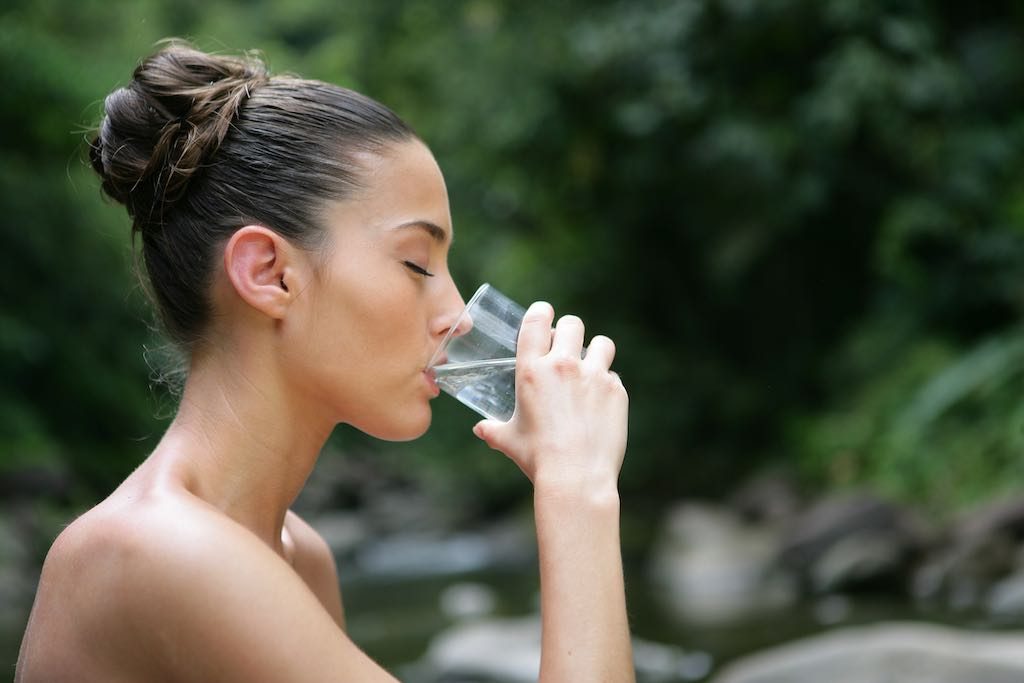
Some of the best water filter options for you
There are a range of products available which can help you to filter the water that comes from your tap at home or in the workplace, each of which make use of some of the techniques we have discussed above. The right choice for you depends on a number of factors, including: the biochemical properties of your water; water pressure and budget.
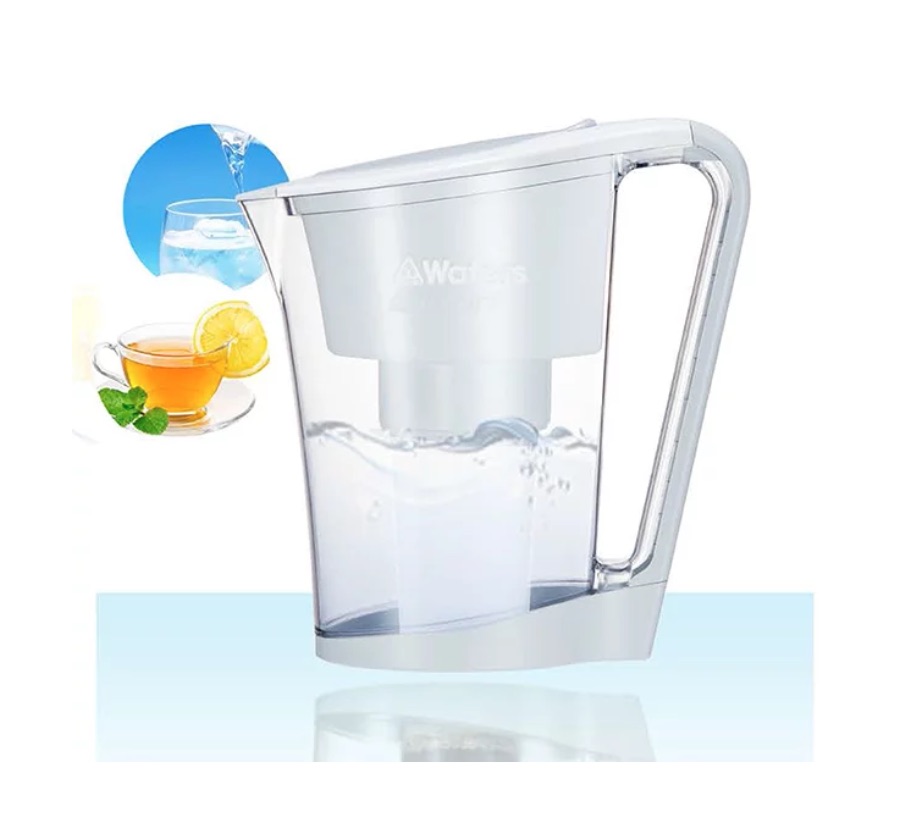
- Water filter pitcher:
Probably the most common and cost effective method of filtering water at home, this is essentially a jug in which water is passed through activated carbon.
The only downside is that these pitchers tend to have a small capacity (approximately 2 litres) and they take a long time to do their business.
- Faucet water filter:
Attached directly to your tap, most faucet water filters also make use of activated carbon. This is another relatively inexpensive water purifier solution, removing contaminants such as chlorine as well as heavy metals such as lead and mercury.
Whilst they deliver filtered water more quickly than a pitcher, faucet filters do tend to slow water flow down significantly.
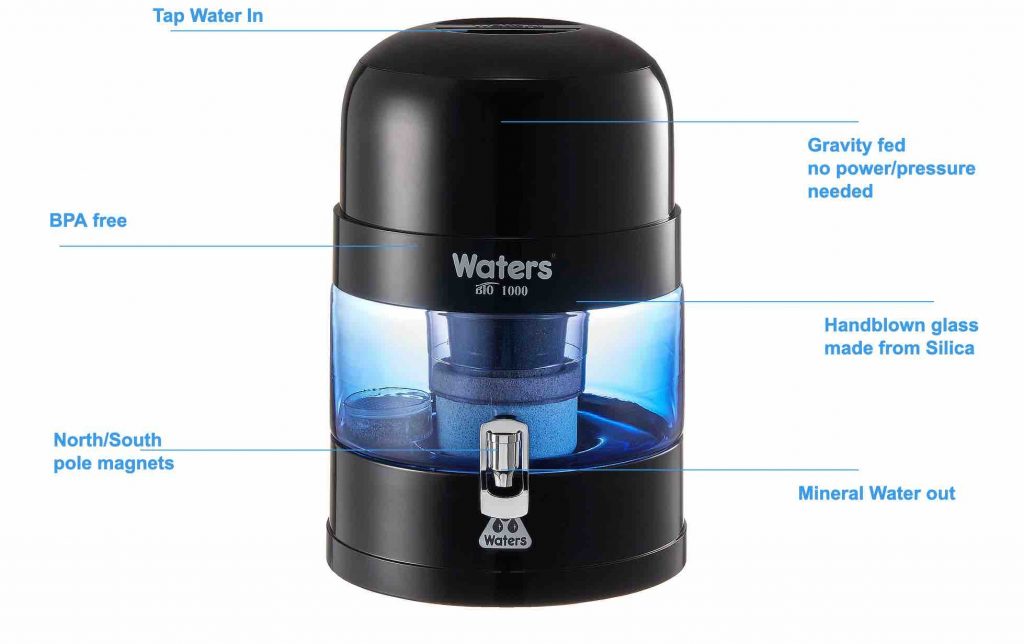
- Countertop water filter:
We think that these are the best! A device that connects to your tap and simply sits on top of your kitchen counter. These tend to make use of either activated carbon or ceramic filters and are particularly handy because they are portable if you want to take them between holiday homes or to events.
These are a great option if you want to filter your tap water without having to constantly fill a pitcher. The Bio1000 is as good a choice as any product when it comes to a countertop at home water purifier. The volume of these filters range from 5-10 litres.
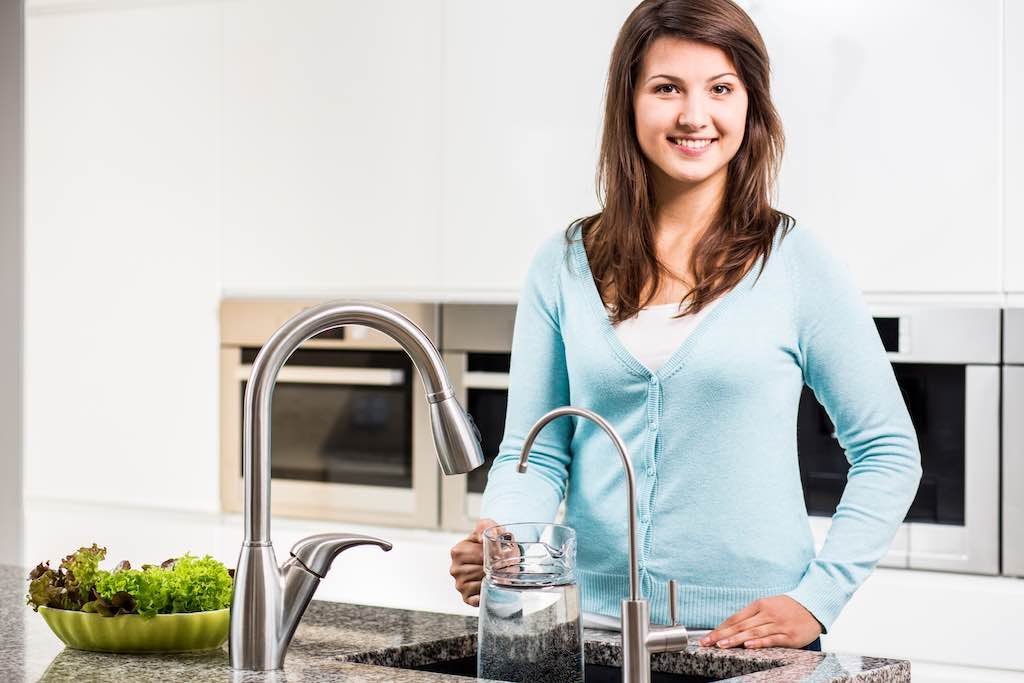
- Undersink filter:
installed under you sink, as the name suggests, these are usually large, expensive and obviously not portable like the Bio1000 countertop water filter. They are, however, capable of filtering a much larger amount of water at a much quicker speed than the other options already discussed.
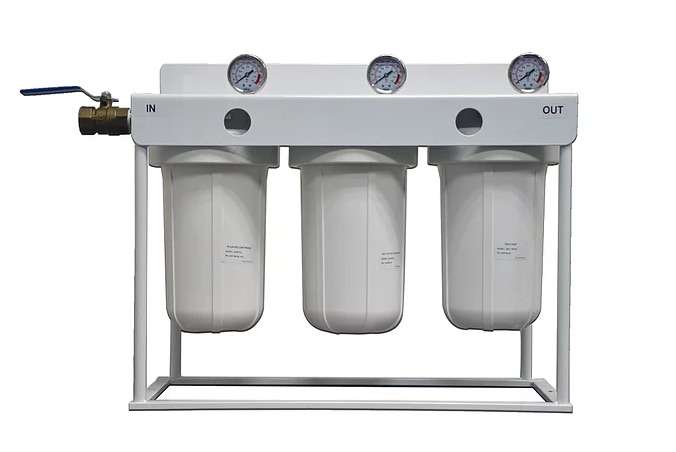
- Entire house system:
These are typically installed at the water tank which means that water is filtered before it even reaches your home and is distributed accordingly. Much like the undersink option, it is expensive but incredibly effective. Not great if you're renting though!
As you can see, the benefits of a water purifier in comparison to bottled water and regular tap water are broad and varied. Not only does a home water purifier negate some of the potential health implications of contaminants and chemicals found in tap water and bottled water, it also ticks a number of important environmental boxes.
Whilst there are clearly a number of different and effective options available on the market, the best water filtration system when it comes to efficiency, cost and portability is undoubtedly the countertop water filter.
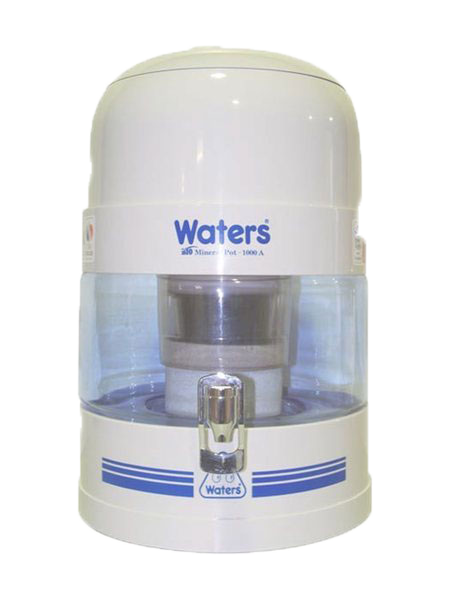
The Bio 1000 is a bench top filter system with massive 10 Litre Capacity storage.
Delivers instant drinking water that not only tastes great but is cleaner and healthier than standard tap water or many bottled water source.
The Bio 1000 produces water at an alkaline pH of between 8.5 and 9.5. Alkaline water helps to combat the acidity (from stress, the environment, and food) in our bodies.
The Bio 1000's reservoir is 100% BPA free so you don't have to worry about industrial plastic chemicals leaching into your water (common with other forms of water storage)
Remove up to 99.9% of nasty chlorine in the water supply with powerful filters.
The post Water Purifier Guide: The Benefits of Filtered Water appeared first on MetaMed.
]]>The post Do You Need a Gallbladder Flush? appeared first on MetaMed.
]]>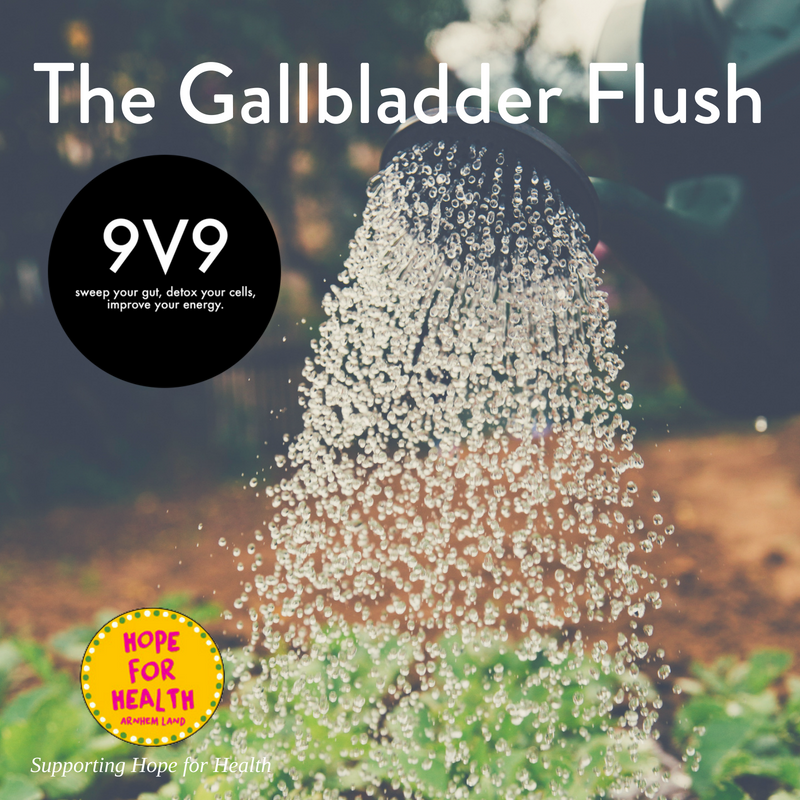
Join Australia's leading Naturopath and Complete Gut Health Cook book co-author Helen Padarin on the guided gallbladder flush + 9v9. Click here to enroll.
Two Options Available
9v9 is an online challenge with support from an active group and Helen Padarin to eat 9 cups of veggies for 9 days. You'll get access to beautiful seasonal recipes on how to get 9 cups in a day! This challenge can be done by itself…
or if you're after something a bit more…
You can go for the Gallbladder Flush which is teamed up with 9v9 (9v9 will be included for free with the Gallbladder Flush) to prep you for the flush weekend. Read on to find out more.
Why a Gallbladder Flush?
Your gallbladder is one of your digestive organs, it stores bile from your liver and secretes it into the bowel when fatty foods are eaten. Bile helps to digest fats. Now not everyone has a gallbladder, it may have been removed. The gallbladder flush is intended to keep your gallbladder healthy, functioning and your digestion at its optimum.
Physical Signs Your Gallbladder May Need Help
- Tired
- Skin issues- rashes, acne, sallow skin
- Constipation
- Gut discomfort after eating fatty or greasy foods
Emotions and your gallbladder
In Chinese medicine, the organs can tell you a lot. Not only do they have a function in the body but also your emotions.
Emotions of a free-flowing, healthy gallbladder:
- Clear direction
- Assertive
- Inspired
- Happy
- Passionate
Some signs that your gallbladder may be in need of some help:
- Difficulties making decisions and planning
- Feeling shy
- Unmotivated
- Tired
- Lack of follow through
- Inability to take action
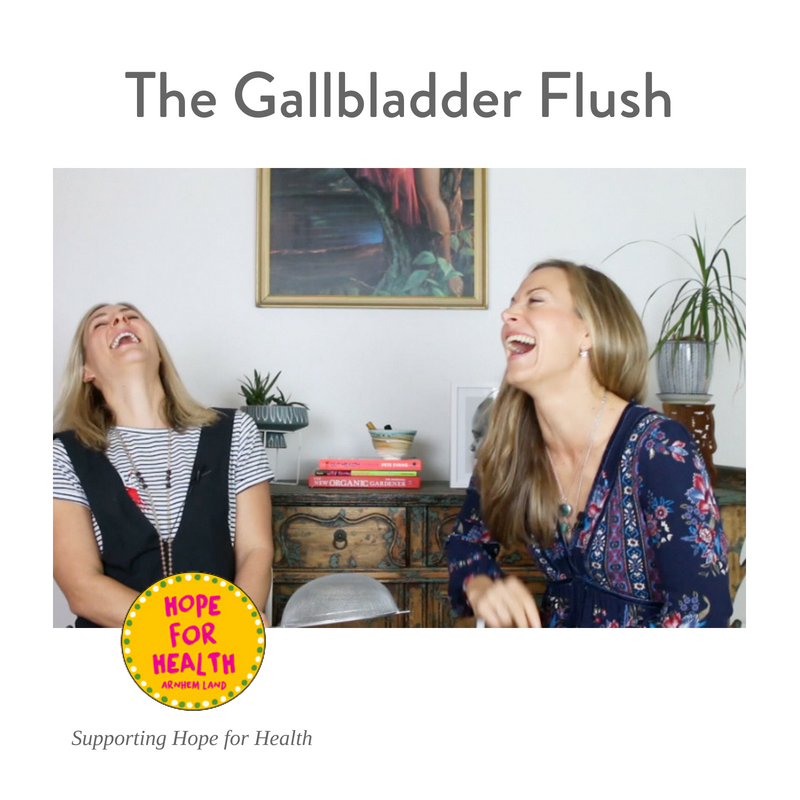
Who's behind this online course?
Some of you may have heard of Helen Padarin- Naturopath, Nutritionist & Herbalist from Sydney, Australia. She's a wealth of knowledge and also co-author of The Complete Gut Health Cookbook with Pete Evans. To help more people than just the ones she sees in her clinic room she developed an online course called 9V9 . This month she's just launched the Gallbladder Flush + 9v9 for FREE!
Starts Monday 13th May 2019. Enrolments open until 12th May 2019. Click here to enroll.
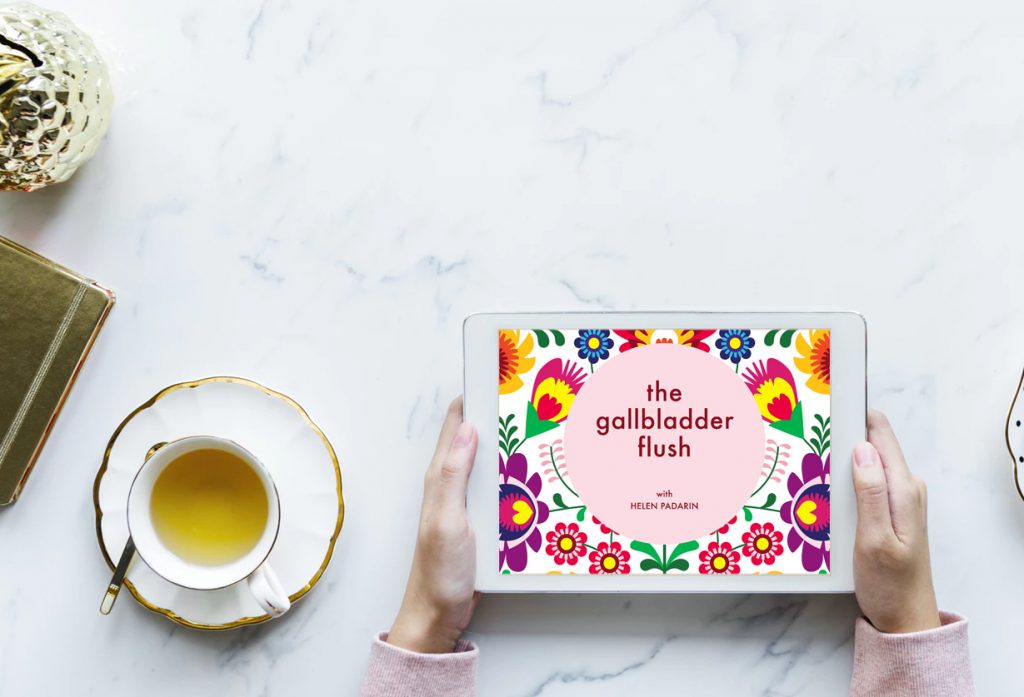
What's included?
Did you know that when you sign up for The Gallbladder Flush with Helen, that as part of preparation month you are going to receive the entire 9V9 Veggie Challenge for FREE?
The course will run for one month starting with the 9v9 challenge. Nine cups of veggies for nine days. The whole course comes with an amazing recipe book with great ideas of how to get your nine cups of veggies in a day. You'll be sure to use them beyond this course. Plus live chats on Facebook with Helen Padarin and support from Alice Nicholls from The Whole Daily Then on June 7-8 you'll be ready to go through the gallbladder flush.
All recipes for 9v9 have been revamped and refined. If you don't want to do the whole flush you can sign up for 9v9 on it's own to get a taster. Click here for 9v9 only.
Alice Nicholls from The Whole Daily will also be part of the challenge to support you along the way. These are some of the super simple and yet, incredibly delicious Winter 9V9 recipe images. Helen Padarin and Alice Nicholls got together and cooked their way through a mountain of veg so that they could deliver you an epic and tummy-warming update to best-selling 9V9 Veggie Challenge Program.
How Does it Work?
We know that your body needs to be in the best shape to do The Gallbladder Flush. And there ain't no better way to start to shift those toxins, detox your cells and start the body regaining vitality than to flush it full of Mother Nature created anti-oxidants, phytonutrients, and fiber.
By the end of this nine-day veggie detox in The Gallbladder Flush Prep month, you’ll be shocked at how easy it can be to feel happy, healthy and confident. You'll have guidance with Helen along the way, Facebook Live chats and Q&A as well guidance during the overnight gallbladder cleanse which takes place on 7-8th June.
Please click on links for more details as this program is not suitable for everyone.
Do I Have to Change My Lifestyle Drastically?
So sign up for the gallbladder flush and you'll get the 9v9 challenge for free. Or if it's not quite for you just sign up to be part of the 9v9 challenge for nine days. You don't need to change anything else in your diet or lifestyle, just eat 9 cups of veggies for 9 days!
If you are taking part in the gallbladder flush and need access to teas and supplements to assist you can order them online from MetaMed.store and have the delivered to you anywhere in NZ.
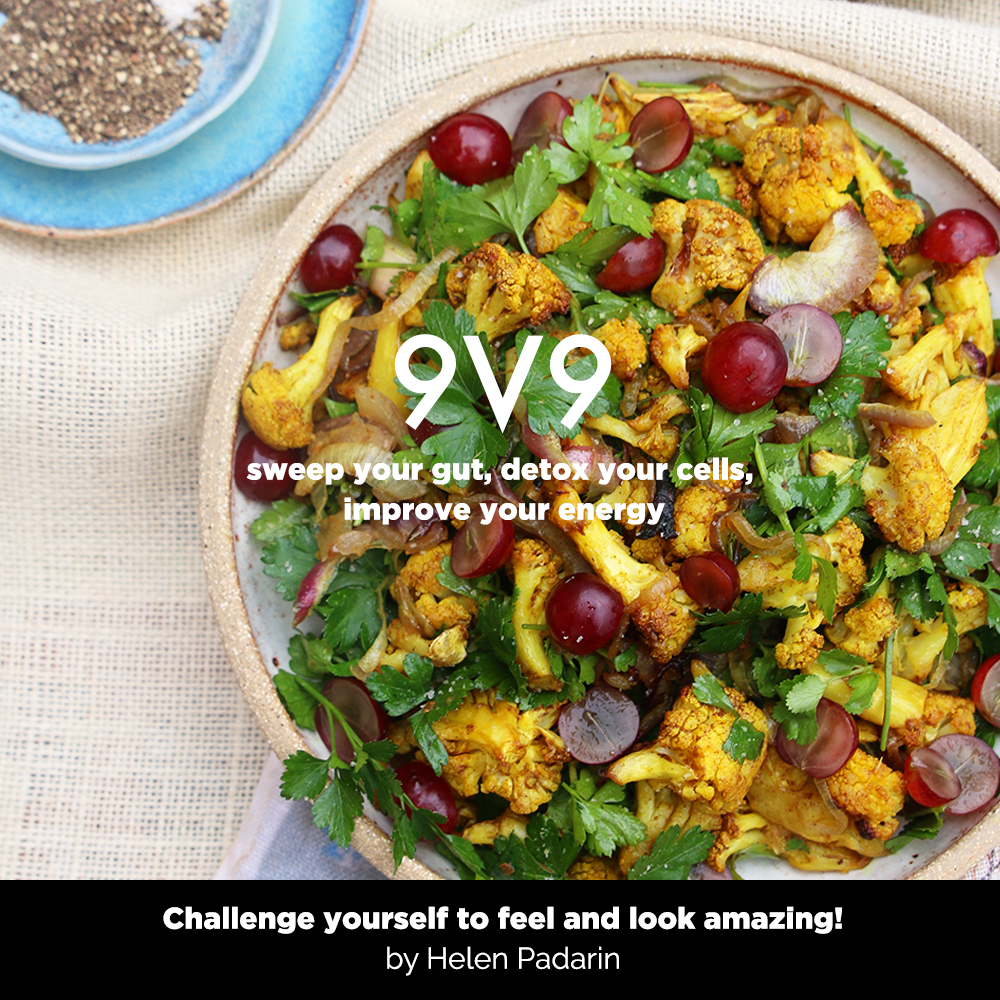
What You Can Expect
- Your digestive system to function better.
- Your energy and confidence to improve.
- Your immune system to be given a reboot.
- To learn new tasty tricks to cooking vegetables (you’ll be craving them by the end).
- Bucket loads of compliments on your new glow!
- This program is designed to give you the get you started on a new path and on track to heal your health – for good!
Come and join The Gallbladder Flush NOW & get ready to experience a healthier, happier life!
Enrolments end Sunday 12th of May for a Monday 14th May start.
The post Do You Need a Gallbladder Flush? appeared first on MetaMed.
]]>The post Why Do I Need Treatment if I’m Not in Pain? appeared first on MetaMed.
]]>People often think to only seek treatment or therapy when they are in pain.
Most of us feel niggles and strains, and we recover. Other times we feel them and we hope they'll get better on their own… but then they keep getting worse, and interfere with your day, work or life in general. That's a real pain!
You might take the odd pain killer, because that's easier…
It works for a while…
But then they stop working!
By the time you are in pain, your body has already reached crisis point. That's why it's screaming out to you to do something.
Our Body Is Capable, Until It's Not
Our body does an amazing job at compensating, meaning it can hold things together and keep working even when things aren't quite right, but if you stress it too much physically, emotionally, mentally it can only handle so much. Everyone has different thresholds, some greater than others.
So often we don't see people until they're in pain, but the issue may have been brewing for many days, weeks or months just waiting to rear it's head.
Our initial focus is to get you out of pain. This is when you can think clearer, move freer and get back to doing the things you love.
The Vicious Cycle
So many people feel great after two or three treatments then decide they don't need anymore. We love that feeling too, but unfortunately, we see the following pattern reoccur.
- You come in for pain…
- You feel better after a couple of treatments…
- You decide you don't need any more treatments…
- Then a few weeks later your pain starts to slowly creep back in…
- It gets intolerable…
- You feel like you're never going to get better…
When you get into the thought that you're never going to get better, that's not a nice place to be.

Your Body Like an Iceberg
In the above video, Dr. Auria Young our holistic chiropractor discusses how your body is like an iceberg. This is how we can best explain why your pain comes back when you stop treatment.
Your pain is everything you see above the water. Over time you have physical therapy and chip away at the painful areas. You feel great once you can no longer see the iceberg.
But look at how much is brewing under the surface, waiting to build up again.
So when you get to the water level, you're not in pain. The reason we recommend maintenance treatment is to keep chipping away at what is below the surface. To get to the root of the issues so that your problems take longer to arise again.
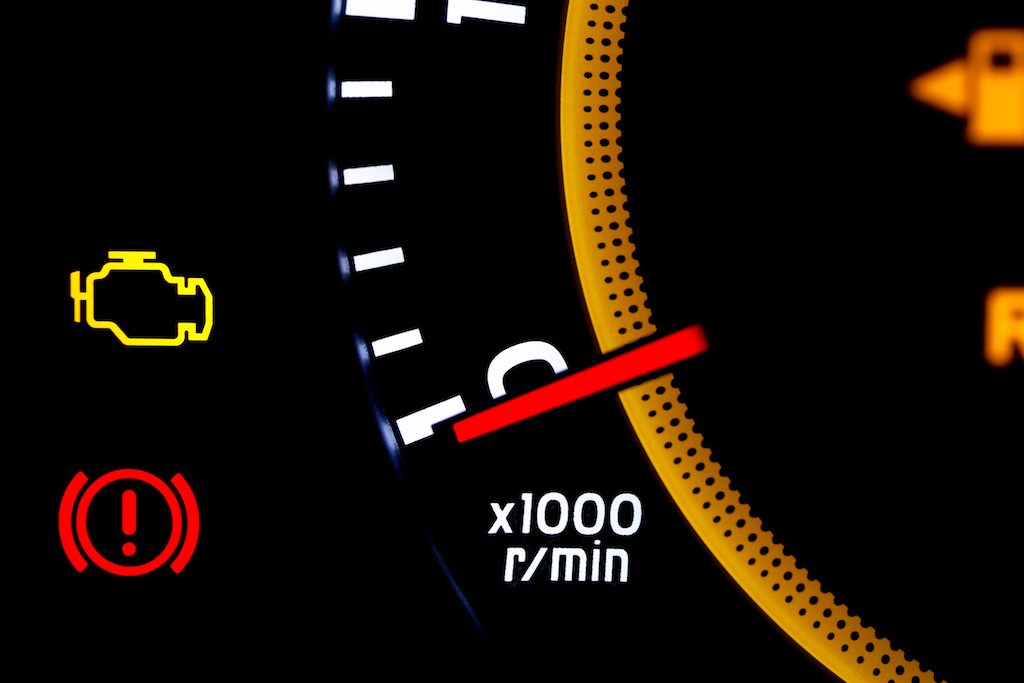
Maintenance Treatment
You've probably heard this term over and over again. And the analogy of the car. If not, here it is again.
Think about how you look after your car, taking it for regular WOFs and servicing (hopefully) so it keeps running to get you from A to B. If something doesn't sound right, or a light flickers on your dashboard, you go get it checked out. Because you need your car to keep working for you!
If you ignore the sounds and the lights, it may keep going for a little while. However, one issue may have a knock-on effect to another area of your car. It keeps going… until it can't anymore.
If you look after your car. Look after your body as your vehicle, to run efficiently, get you from A to B and make life easier!
If you don't look after your car, you may have to rethink things a little. Do you not look after your car, just like your body?
Do I Have to Keep Coming in Forever?
People come in depending on how long their body can hold a treatment. Various factors are involved and is entirely different for everyone.
Things that can impact:
- Stress – mental and physical
- Lifestyle
- Diet
- Environment
We aim to have you independent of treatment as much as possible. This may mean you need to make changes in lifestyle and stress situations that you are able to change. It may also mean you need to engage in stretches or rehab exercises, start a new activity to support your body.
People can come in from anywhere between every three weeks to 3-4-6 months!
The best part is they come in feeling great, become more aware of their body holding tension and reduce the rate of injury, or recover much faster from injury.
Self-Care
Allowing yourself to get treated is a great self-care tool. It keeps your mind-body balance, keeps you going and doing what you love.
The post Why Do I Need Treatment if I’m Not in Pain? appeared first on MetaMed.
]]>The post Natural Pregnancy Therapies For New Zealand Mothers-To-Be appeared first on MetaMed.
]]>
It can be an exciting and unsettling time for some, you may have planned your birth, or not! But it’s pretty amazing that we can grow another human inside of us without much thinking!
There’s usually lots of new information coming your way from friends, parents,
First Trimester
As osteopaths and chiropractors experienced in treating during pregnancy, we are happy to treat you before, during (anytime) and after pregnancy. Most people are told to avoid treatment during the first trimester but we are happy to continue as long as you are. It’s a good idea to continue treatment especially if you’ve had a pre-existing issue that hasn’t yet resolved. We normally stay away from
If you haven’t had any prior musculoskeletal issues it’s still a good idea to have a full assessment and check that everything is functioning and working as it should. We’re big on identifying weaknesses and addressing them before they become a problem.
During
Here
Basic Stability Exercises:
These can be done in the first trimester whilst you can still comfortably lay face down. Click on the link below the image to download your exercises.
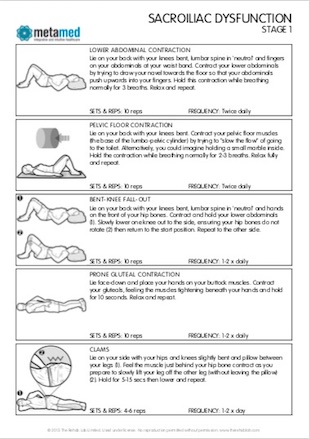
Download your exercises here:
LEARN HOW TO SQUEEZE YOUR GLUTEALS (SACROILIAC STAGE 1)
Second Trimester
If anything we notice that if you’re going to have any niggles they tend to come on around the 22-week mark, earlier if you have had pre-existing issues (although don’t worry this isn’t always the case). Our aim is to keep you comfortable and moving well throughout your pregnancy. It doesn’t have to be uncomfortable! (read our article from little treasures on supporting you through pregnancy)
If things are ticking along well this is what we check for:
- Gluteal activation and strength
- Hip girdle stability to prevent sacroiliac instability (that sharp catching pain in your bum) and pubic symphysitis (pain around the pubic bone)
- Maintain good thoracic and rib mobility to allow your baby to expand into space under your ribs
- Assist with reflux and heartburn by releasing through your mid-back and diaphragm
- Advise you around postural changes and movement changes that can benefit you for when you grow a bit more and once you have your baby
- Avoiding stress through your abdominals
- Supporting your body for optimal baby positioning
In the early stages if we can get you into a good routine and awareness of gluteal activation you’ll be much better off and safer when you start something like regular pregnancy pilates and/or yoga. The most common issue we see is pelvic girdle and low back pain.
Next Stage Hip Stabilisation Exercises:
If you have good gluteal activation here is the second set of exercise you can continue with. Click on the link below the image to download your exercises.
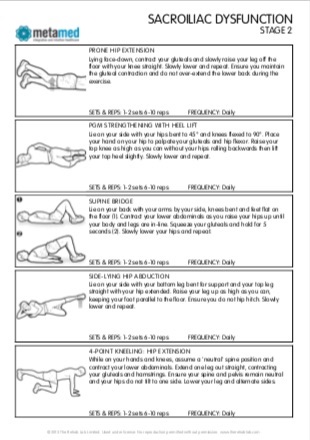
Download your exercises here:
PROGRESS YOUR GLUTEAL ACTIVATION AND HIP GIRDLE STABILITY (SACROILIAC STAGE 2)
Third Trimester
From around 30 weeks. This is when your baby really starts to grow, your belly gets bigger, your breasts may increase in size. And sometimes your body may not be able to adapt to the changes so easily. Heartburn or reflux may come on too.
We use a pregnancy pillow so that you can enjoy laying face down for your treatment.
Other Recommendations:

Acupuncture
Acupuncture can help throughout all stages of pregnancy. Early on for morning sickness and threatened miscarriage. And, throughout pregnancy for fluid issues, congestion, back and hip issues, sleep stress and mental health.
From around 33 weeks if your baby is not head down we recommend seeking Traditional Chinese Medicine (TCM) acupuncture. Which has shown to be effective in ‘turning’
At 36 weeks we also recommend you book yourself in with a TCM acupuncturist who does a protocol of treatment known as ‘cervical ripening’. Acupuncture needles are applied to specific areas to assist the body to prepare for birth. If your baby is hanging around a little longer than strong induction techniques can be used.
Wanaka: The Acupuncture Room and Mike Carter at Acubalance.
Queenstown: Daisuke
Acupressure booklet:
We also recommend Deborah Betts – Midwife & Acupuncturist ACUPRESSURE BOOKLET which gives handy tips on points to use throughout pregnancy and during labour.
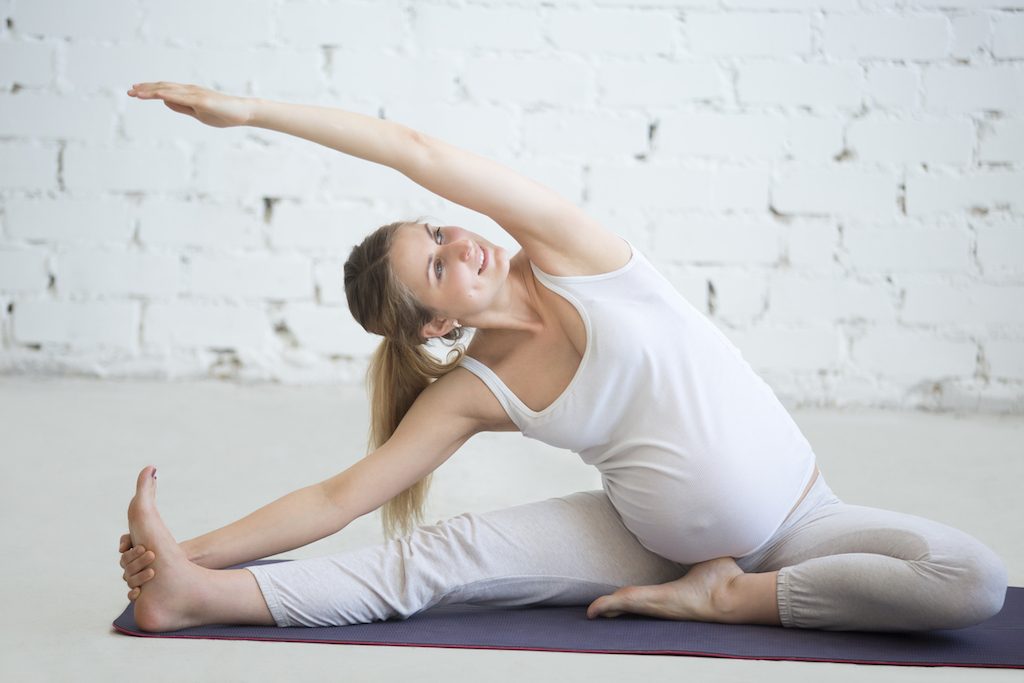
Pregnancy Pilates and or Yoga
Pregnancy
Pregnancy yoga is also great, but again you want a teacher who is mindful of your stability.
Wanaka: The Body Garage for pregnancy pilates and yoga or Yoga Ground for pregnancy yoga. You can also do reformer pilates with physiotherapists and
Queenstown: Nadi Wellness for pregnancy yoga and Equilibrium space for 1:1 reformer pilates with Emily Waterhouse. Back on Track Physiotherapy offer space in their beginner
Hypnobirthing
We’re so lucky to have hypnobirthing services in Wanaka and Queenstown. Courses are run by Roz McRae from Lakes Hypnobirthing. This is a positive and supportive environment that actively involves your partner to be a great support during the birth. It’s not just for people wanting homebirths. Anyone can do it whether you’re going to a birthing
We recommend getting onto Roz sooner rather than later to find out when she runs courses. Roz recommends starting at 20 weeks so you have time to practice the technique and
You’ll get the Hypnobirthing book by Marie Mongan with the course, but if you want to read it first- here’s a link to the book. https://bit.ly/2WQItgw
Pelvic Floor Physiotherapist
We also highly recommend seeing a pelvic floor Physio. If you’re close to Wanaka we
Lisa Carnie and her team recommend you book in for a check at 30 weeks, 36 and 38 weeks and find that pregnant women they see have much better birth outcomes. It’s an opportunity to discuss any fears, the ins and outs of birth and recovery.
They assess your pelvic floor function especially for any muscle overactivity or tension that may lead to increased risk of perineal or pelvic floor injury during birth. Internal releases can help decrease muscle tension making for an easier vaginal birth. They also ensure:
- your muscles are strong in prep for birth
- check your breathing to aid the birthing process
- posture
- assess and advise on abdominal muscle separation prevention (diastasis rectus abdominis)
They then love to support you during the post-natal period for recovery and ensuring your pelvic floor returns to full and healthy function. You can go in as early as you want but generally internal examinations are not done until 6 weeks post-natal.
Wanaka: The team at Pelvic Solutions
Queenstown: The team at Pelvic Solutions currently visiting once a month

Herbs in Pregnancy
We hand blend a range of herbal tinctures to assist during the later stages of pregnancy, birth and post-natal period.
- Pregnancy Tea Tincture
- Labour Prep
- Placenta Release
- Bleed Stop
- Mastitis Relief
- Milk Flow
To learn more about each of the herbs available in our pregnancy kit please click here for a video explanation.
Post-Natal Period
Giving birth is one day and now there are so many days to learn how to be a mum, integrate into a family.
You'll normally have support from your midwife the first 6 weeks. But, often the questions keeps rolling in after this period. You can seek support from many other health practitioners. It's important that you don't let anxieties build up during this period.
There are a range of herbs that can support you during pregnancy if you get sick as well as during the post-natal period.
It is strongly recommended that you seek advice from a Naturopath or Herbalist to check if it is safe to take certain supplements and herbs during pregnany. We can put you in touch with a Naturopath or we have a herbalist (Jin Ong) at our clinic who can advise you.
Some herbs we recommend during the post-natal period that not alot of people know about!
Mastitis Prevention and Treatment
Poke root for mastitis prevention and relief. Used historically in pregnancy and lactation and extremely effective. We recommend that you get hold of this in the weeks leading up to having your baby as when mastitis takes hold it’s pretty rapid. So great to have on hand to start taking once your breastmilk starts flowing. 25ml will last you 6-9 months. You must consult a herbalist or naturopath to dispense this. You can contact [email protected] to get in touch with one. Or this is part of our pregnancy kit herbs as above.
Increase Breastmilk Supply
Fennel, Fenugreek & Goats Rue to help increase milk supply. A 50ml bottle will suffice and normally takes three days to kick in. Also part of our pregnancy kit or can be bought individually.
Supplements:
- BioCeuticals Ultrabiotic Pregnancy Care- a high
bifidum bacteria content to help your babies gut health as it will pass through breastmilk. This is great to take if you've had to take antibiotics at the end of your pregnancy, experiencing mastitis or vaginal thrush.
Post-Natal Exercise
Time after having your baby is an important time to rest and recover, sleep, nurture and nourish yourself. Hormones and body fat are also important for good breastmilk supply. Relaxin is still in your body so joints may still be lax.
If you experienced an abdominal muscle separation (diastasis) during your pregnancy the first six months are an important time to get your muscles to come back together. Strong and heavy, inappropriate
Pelvic floor health is also important to consider, to be able to engage correctly before getting back into exercise. It is best to have this checked by a pelvic floor physiotherapist.
Ensure you work with a personal trainer who is familiar with
Pregnancy Pilates classes are often a good option. Look for classes by physiotherapists or pilates studios that offer specialized pregnancy and post-natal classes. There are usually some great mums and bubs classes where you can take your little one with you.
Home Exercise Option
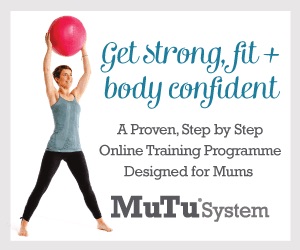
MUTU is a great home program option, targeted at post-natal exercise and full of great information. It is still a good idea to get the OK after you have had your pelvic floor and abdominal muscles checked.

Some Other Book recommendations
Gentle Birth, Gentle Mothering by Dr. Sarah J Buckley an Australian based GP this book pools on different research and articles around the world and discusses different modes of birth https://bit.ly/2GvFSCN
Inna May Gaskin’s
Timeline Mapped Out
In towns like Wanaka and Queenstown practitioners are busy, so we recommend you follow the timeline and look into contacting providers earlier rather than later.
0 – 12 weeks
Osteopathic or chiropractic treatment. Assess and teach gluteal activation, core and hip girdle stability basics.
TCM Acupuncture can also help during this time for morning sickness, nausea and threatened miscarriage.
12 – 22 weeks
Continue monthly treatments. We notice around 22 weeks is when issues arise if they’re going to. During this time we can progress your exercises.
Consider starting Pregnancy pilates
Contact hypnobirthing provider to book in a course towards the end of your second trimester.
Contact pelvic floor physiotherapist to book in your
28 weeks
Start hypnobirthing course
30 weeks
Baby starts growing quicker. If needed treatments can be brought down to fortnightly especially if
Book yourself in to see a pelvic floor physio for pelvic floor function assessment.
33 weeks
If your baby is not head down this is a great time to start seeing a TCM acupuncturist – please ask us for contact details. This is also a good time to book yourself in for 36 weeks for ‘cervical ripening’ treatment with a TCM acupuncturist.
36 week
Book yourself in with a TCM acupuncturist for ‘cervical ripening’ to help prep your mind and body for birth. Generally 4 treatments one week apart that will continue if your baby decides to stick around
Follow up with pelvic floor physio.
38 weeks
Follow up with pelvic floor physio.
Post-natal herbs- especially mastitis relief and
40 weeks
You can consider induction acupuncture with a TCM
Now and then we hold community events with various professionals around birth and pregnancy, a supportive and positive environment. If you’d like to be notified of when these are happening please email us.
The post Natural Pregnancy Therapies For New Zealand Mothers-To-Be appeared first on MetaMed.
]]>